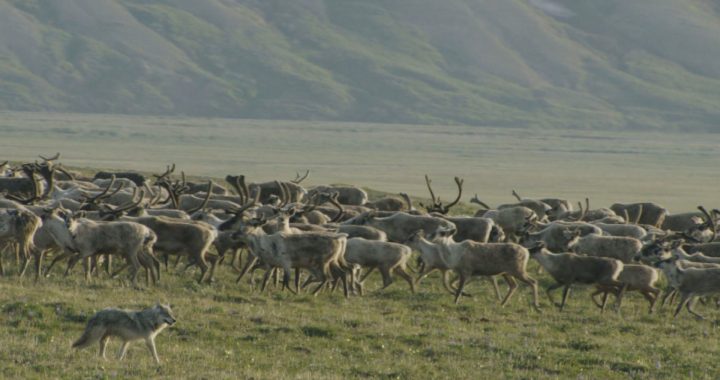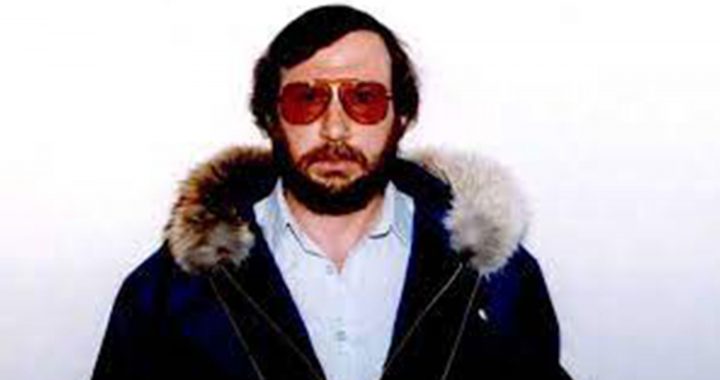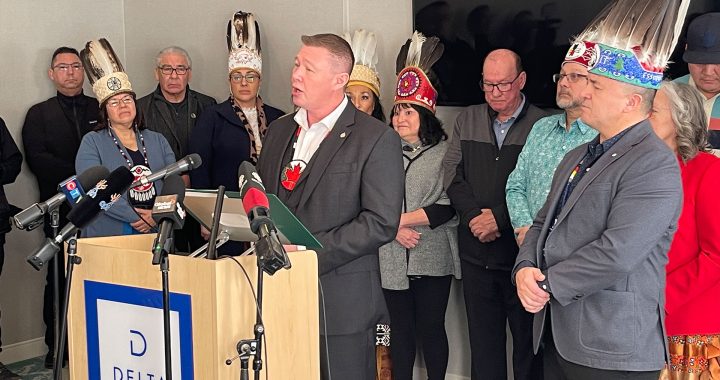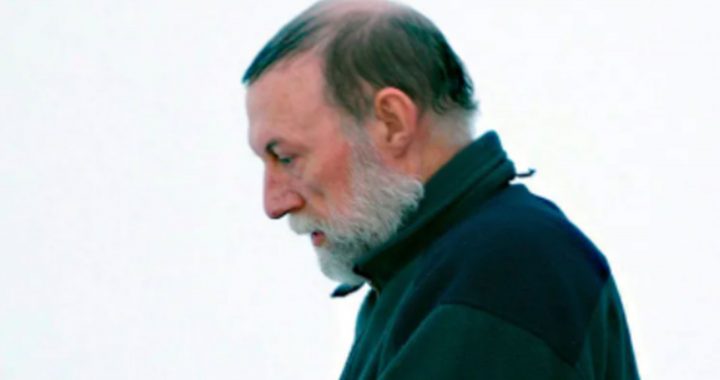(Grey Gritt, a Métis Anishinaabe trans-masculine artist in Yellowknife, says changes to Vital Statistics Act in NWT will stop people from falling through the cracks. Submitted photo.)
Iman Kassam
APTN National News
Transgender people in the Northwest Territories might soon be able to legally change their gender markers without having to undergo gender reassignment surgery.
“The requirement for gender reassignment surgery is outdated and inconsistent with the majority of the provinces in Canada,” Health and Social Services Minister Glen Abernethy told APTN. “The changes in our act keep the NWT in line with the other provinces, and is progress in the right direction for transgender people.”
The change he has presented to the legislative assembly is to remove a barrier for transgender people, so that they can change their gender markers on their birth certificate and driver’s license.
Currently, transgender folks in the NWT have to undergo a psychiatric assessment and complete gender reassignment surgery (also called gender affirmative surgery) before they can change the gender marker on their identification cards. But with the amendments to the Vital Statistics Act, a person will simply have to contact the department of Vital Statistics and apply to make the change, without having to undergo surgery.
“We want to be an inclusive society here in the Northwest Territories, and when it came to my attention that we haven’t complied like some of the other jurisdictions, I felt like it was important to move forward,” said Abernethy.
The proposed amendment goes a step further. A person will also have the option to select a third gender, to choose an “X” instead of M-male or F-female. This means that people who are gender non-conforming and intersex will not have to choose between male or female.
The amended act has already passed first and second reading and is now before a committee, which has 120 days to generate feedback and public input. Abernethy hopes to present it for a third reading in October of this year.
If it passes, the NWT will be the 12 province or territory to remove the requirement for surgery. The only jurisdiction left to make the change is New Brunswick.
Regulations will be developed once the legislation passes.
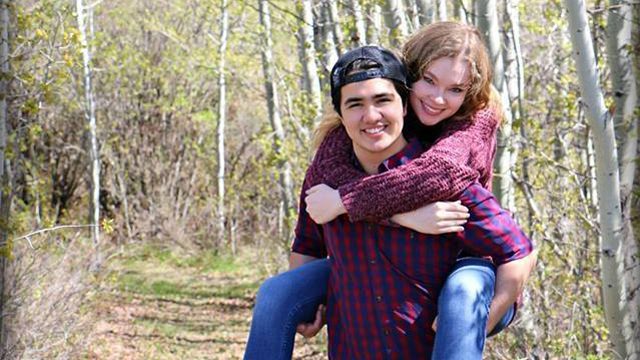
Theo Grandjambe is a transgender man, who is originally from Yellowknife but goes to school in Red Deer, Alberta. He looking to the day this legislation passes; once it does, he says he will definitely apply to have his gender marker changed on his birth certificate.
And when more transgender folks across the territory start changing their gender marker, he says it will create informal baseline data to show just how many transgender people live in the NWT.
“I think it’s going to bring a lot of awareness and hopefully they’ll start to see that we have so many people that live here and live this way, we’re going to have to give them the resources they need,” said Grandjambe.
With this information, he hopes transgender youth will be able to seek specialized health care at an earlier age. It took Grandjambe three years to receive the proper treatment and start hormone therapy. Had he started earlier, he says it would have saved him years of hardship.
“If I started this process before I hit puberty, I would have been so much more happy. Once you get put on hormones you have to go through puberty a second time, no one enjoys that,” he said. “I could have gone on hormone blockers, then at the appropriate age started hormones, and then I would have grown at the same rate as all the other boys.”

With long waiting lists and physicians who often aren’t familiar with LGBQ and transgender health needs many northern transgender folks fall through the cracks in the system says Grey Gritt, a Métis Anishinaabe trans-masculine artist.
“Being able to change your marker without having to physically modify your body, which is challenging on so many levels, is a huge win for folks who don’t feel like the gender marker they have now is a reflection of who they are,” says Gritt, who has been living in Yellowknife for seven years.
Without correct gender identification on birth certificates and health care cards, it can be difficult for people who are transgender to access appropriate health.
Gritt takes testosterone injections, which alters a person’s hormones and body composition, but under the current legislation, Gritt cannot legally change the gender marker on their health card.
This means, some doctors treat and diagnose Gritt as a female. At times, doctors have been alarmed at Gritt’s blood test results – unaware that Gritt is not female – and Gritt has been called into the clinic for emergency follow ups. This could be avoided if Gritt had a different gender marker on their health card to notify physicians that they are trans-masculine and on hormone therapy.
This is where the option of an X, or third gender marker, would be beneficial. If there was a way to indicate that they are trans-masculine, Gritt says these kinds of scenarios might be avoided.
Grandjambe and Gritt say they want to see special services geared towards transgender folks in the Northwest Territories. Both say there are few doctors in the NWT who know what services and resources transgender folks need. For them, this meant years of waiting and years of suffering before they were sent out of territory to seek therapy, surgery and hormone treatment.
“Going through the system in order to have my top surgery [mastectomy] covered was hard. It was a long waiting time,” Gritt says. “I wonder how many people have died waiting. And I wonder, would I have been one of those people who would have died waiting?”
In Red Deer, where Grandjambe lives, he says there are specialists, support groups and services geared towards transgender folks.
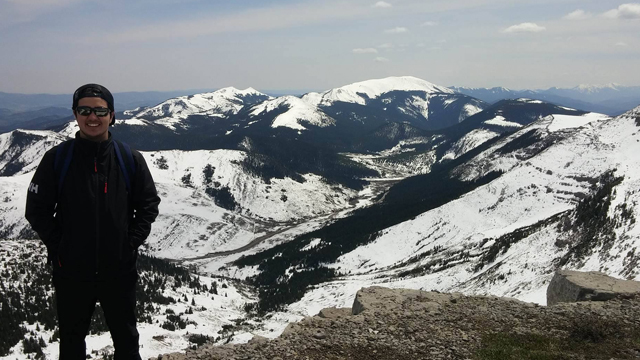
“I don’t think Yellowknife had that awareness until NWT Pride started up and people started to go and they were teaching different kinds of classes and more people suddenly came out and then started to tell their friends, and their friends told their friends,” he says.
Now that more transgender and gender non-conforming people are speaking out in the NWT, Grandjambe says it’s time the territory start investing in mental and physical health care options for them.




